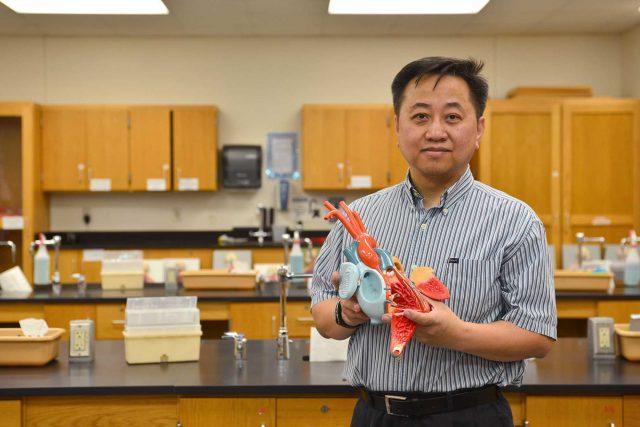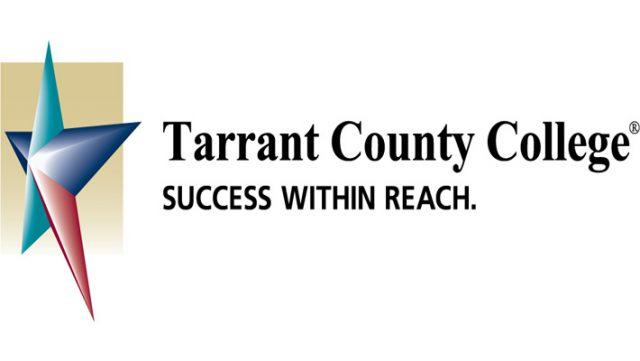By Raegan Scharfetter/ se news editor
As the Texas state wrestling championship came to an end, victory was in the hands of transgender student Mack Beggs while controversy was in the hands of his spectators.
After finishing his season 56-0, 17-year-old Trinity High School student Mack Beggs faces heavy criticism from those who believe the testosterone he is taking as he transitions from female to male is unfair to his female competitors.
Beggs’ family says he would rather be wrestling against males, but Texas’ new policy only allows students to compete against the gender on their birth certificate.
Both sides of the controversy have valid points. It is not fair for female wrestlers to compete against Beggs while he is on testosterone. However, it is also not fair to restrict Beggs from his passion due to his gender transition.
This calls for another question: Should changing the gender on one’s birth certificate become a simpler process so situations similar to this can be prevented?
Coincidentally, the Trump administration recently announced an end to federal protections for transgender students to use facilities based on their gender identity, leaving states and school districts to create their own policies regarding transitioning students.
Despite the criticism of the current policy, UIL executives do not foresee a change due to the overwhelming support of Texas school superintendents who voted for the rule as it was proposed – to use birth certificates.
Many students similar to Beggs exist throughout the country, and a more thought-out policy should be determined so a transgender student is not made to feel guilty for an athletic accomplishment.
Although Beggs was denied to compete against males at a high school level, the NCAA allows trans athletes who identify as males to compete with or against males or females but transitioning athletes who are on testosterone can only compete with or against males. This means Beggs will be allowed to compete against only male competitors if he decides to continue his wrestling career at a collegiate level.
No one should fault Beggs for pursuing a passion or fault spectators for believing that him competing while taking testosterone is unfair. It is unfair for both sides, and that is reason enough that the UIL needs to update its policies.





























